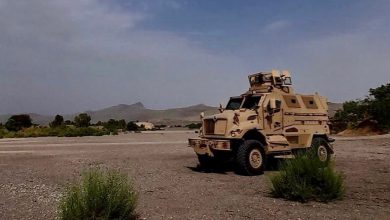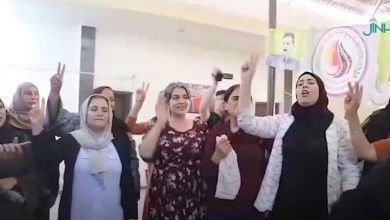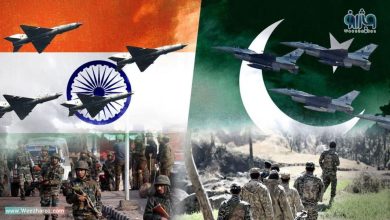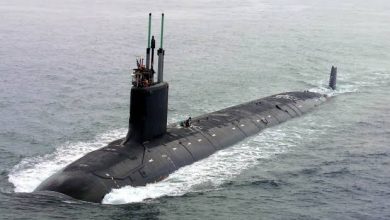Iran-Afghanistan Talks on Helmand Water and Migrant Return: Critical Diplomacy in Kabul
Mohammad Reza Bahrami, Assistant Minister and Director General for South Asia at the Iranian Ministry of Foreign Affairs, visited Kabul for talks with Amir Khan Muttaqi, the Acting Minister of Foreign Affairs of Afghanistan. The discussions, focused on the Helmand Water Rights and cooperation for the return of Afghan migrants from Iran, took place amid the ongoing historical challenges and rising regional tensions between the two countries.
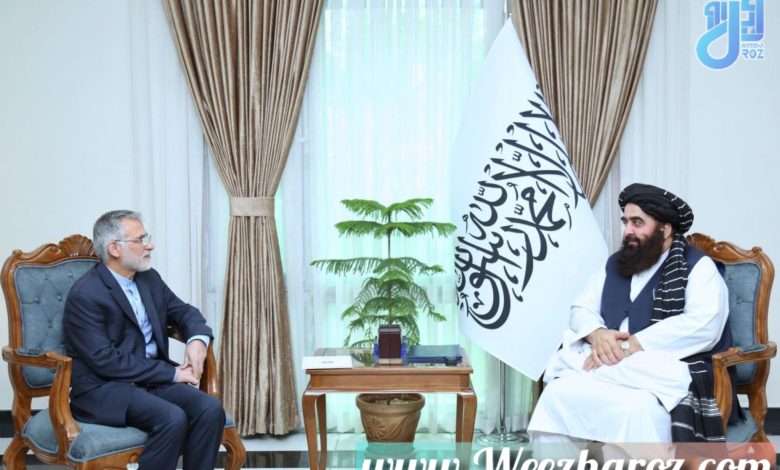
Weezharoz-Kabul-During the meeting, Bahrami emphasized the importance of fully implementing the 1973 Helmand River Agreement, stating: “The preservation of the environmental and livelihood rights of people in eastern Iran depends on ensuring the historical water rights of this river.”
This comes as Afghanistan, in recent years, has reduced the water flow to Iran through the construction of dams and diversion projects along the Helmand.
Despite nearly 3 million Afghans residing in Iran, the two sides also discussed legal and supportive mechanisms for facilitating the return of Afghan nationals. Iran called for more cooperation from Kabul to expedite the
repatriation process.Amir Khan Muttaqi: “We see our relations with Iran progressing and believe that by using existing opportunities, we can achieve sustainable solutions.”
Mohammad Reza Bahrami: “Iran’s policy is to strengthen regional cooperation based on mutual respect and international law. Resolving the Helmand and migrant issues is a test of both sides’ goodwill.”
The Helmand River, which originates in the highlands of Afghanistan, is the only stable water source for eastern Iranian cities, especially in Sistan and Baluchestan.
The reduction in the flow of this river over the past two decades has not only worsened the water crisis but has also fueled diplomatic tensions between the two countries.
On the other hand, the return of Afghan migrants, particularly after the rise of the Islamic Emirate of Afghanistan, has become a complex issue due to insecurity and economic difficulties in Afghanistan.
The talks are seen as a necessary but insufficient step towards reducing tensions.
Some believe that Afghanistan might be using the Helmand water rights as a political leverage, while Iran cannot easily disregard its historical entitlement.
The spokesperson for Afghanistan’s Ministry of Foreign Affairs had previously stated that Kabul is ready to form joint technical committees to thoroughly examine the water issue.
Bahrami’s visit to Kabul signals Iran’s commitment to advancing both the Helmand water and migrant issues through active diplomacy.
However, the success of these negotiations depends on reaching a practical agreement that meets Iran’s environmental needs while convincing Afghanistan that sustainable cooperation is the only path to regional stability.
Without this, the Helmand will not only be a dry river but could also become a new front in the relations between these two neighboring countries.
Weezharoz
